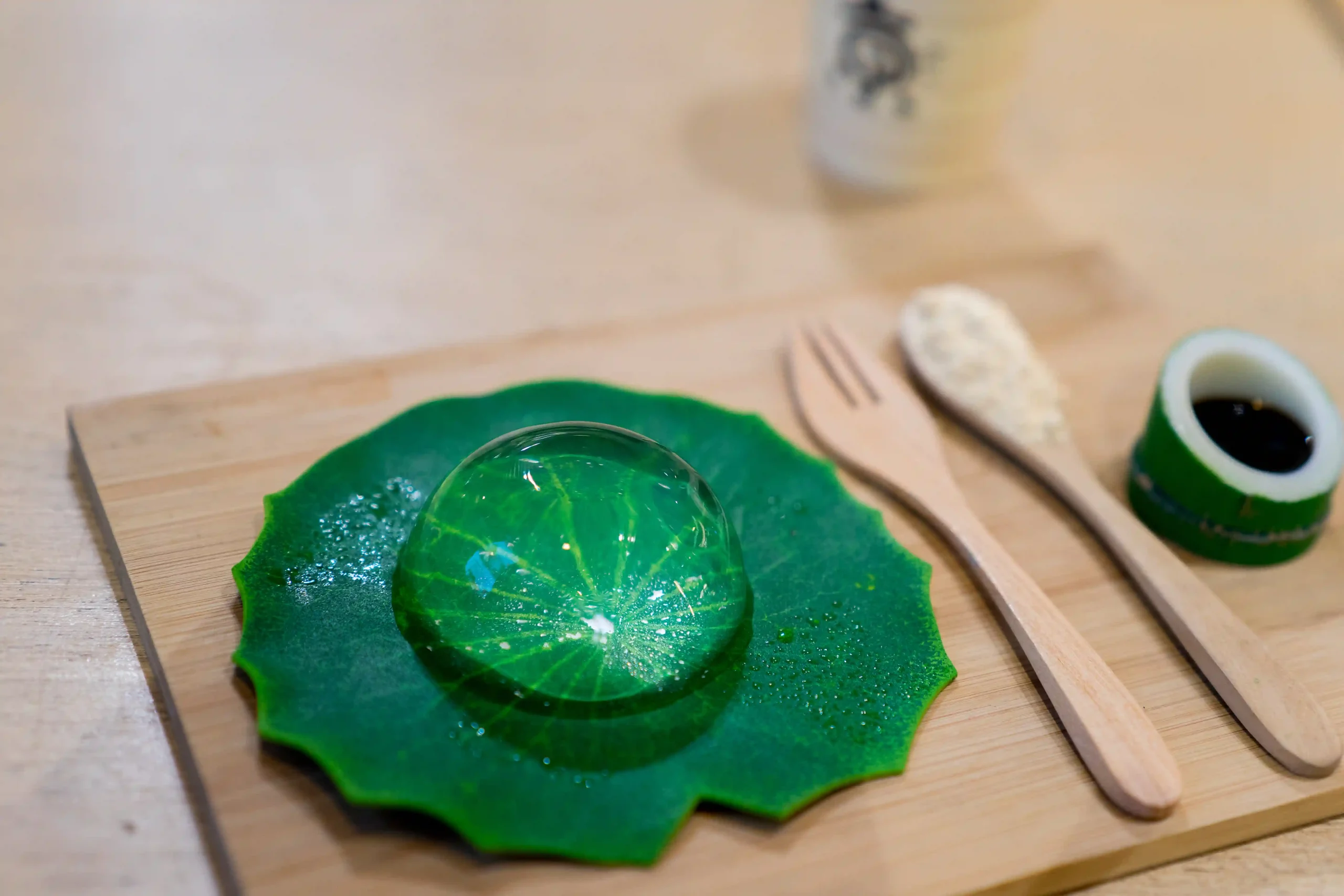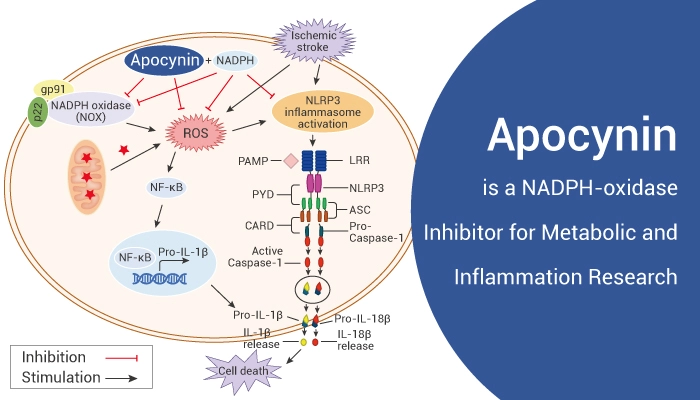Analysis of MELT 300’s Pivotal Phase 3 Study and Its Impact on Procedural Sedation
Melt Pharmaceuticals, Inc., a pharmaceutical company in its clinical stage of development, recently shared positive topline results from a Phase 3 study investigating the safety and effectiveness of MELT 300, a non-IV, non-opioid tablet for sedation during cataract surgery. These findings come after the company reached a Special Protocol Assessment agreement with the U.S. Food and Drug Administration (FDA), confirming that the study design and results meet the criteria for regulatory submission.
MELT 300 combines two active ingredients: 3mg of midazolam and 50mg of ketamine, in a single tablet. This tablet is administered sublingually using Catalent’s proprietary Zydis® delivery system, which allows it to dissolve in as little as three seconds, facilitating absorption of the active ingredients through the mucosa under the tongue.
The pivotal Phase 3 trial was a randomized, double-blind, three-arm study involving over 530 patients across 13 clinical sites in the U.S. The trial compared MELT 300 with sublingual midazolam and a placebo, using a 4:1:1 ratio. The results were overwhelmingly positive, supporting the hypothesis that MELT 300 is a viable alternative to the IV-based sedation currently used in cataract surgeries, particularly in replacing opioids with a non-IV, non-opioid option.
Dr. Larry Dillaha, CEO of Melt Pharmaceuticals, expressed his enthusiasm for the results, highlighting that if approved, MELT 300 could offer a safer and effective solution for the millions of cataract surgeries performed annually in the U.S. Without the need for IV lines or opioid administration, this product would provide a more convenient and potentially safer method of achieving sedation.
Dr. John Berdahl, a co-inventor of MELT 300, a board member at Melt Pharmaceuticals, and a certified ophthalmologist, emphasized that the compound combination of midazolam and ketamine has already been used successfully in numerous cataract surgeries. He expressed excitement about the possibility of FDA approval, which could help ophthalmologists feel more confident in adopting this sedation method.
Dr. George Magrath, principal investigator of the Phase 3 study, noted that the combination of midazolam and ketamine proved superior to midazolam alone in the study, offering a promising new option for sedation during cataract surgery. He also expressed enthusiasm about the potential for improving the patient experience with MELT 300.
Dr. Dillaha further stated that the success of this Phase 3 study not only strengthens their case for regulatory approval but also bolsters the company’s patent portfolio, both domestically and internationally. MELT Pharmaceuticals is now aiming to expand MELT 300’s potential usage to other medical specialties, such as dermatology, plastic surgery, dentistry, gastroenterology, and emergency care, which collectively account for over 100 million annual procedures.
Melt Pharmaceuticals expressed their deep gratitude for the study participants, including ophthalmologists, optometrists, anesthesiologists, and other healthcare professionals who contributed to the success of the Phase 3 study.
Commentary by YourDailyFit columnist Alice Winters:

MELT Pharmaceuticals’ announcement of the Phase 3 study results for MELT 300 introduces a potentially revolutionary approach to procedural sedation, specifically for cataract surgeries. The positive topline data offers a clear indication that non-IV, non-opioid sedation may be within reach, addressing key concerns around the use of opioids and the invasiveness of IV procedures in routine surgeries.
The inclusion of midazolam and ketamine in one tablet for sublingual administration is a particularly notable feature. Both midazolam, a benzodiazepine, and ketamine, an NMDA receptor antagonist, are well-established in the medical field for their sedative and anesthetic properties. The proprietary Zydis® delivery technology, enabling rapid dissolution, is a crucial part of this formulation. By bypassing the gastrointestinal tract, the sublingual route promises faster onset of action and more reliable absorption, which is crucial in procedural sedation where timing and control over the sedation level are critical.
What sets MELT 300 apart is its non-opioid composition, which addresses the ongoing opioid crisis by offering an alternative to IV-administered opioids. While opioids are often used for sedation in cataract surgeries, they come with significant risks such as respiratory depression and dependency. Given the growing public and medical community push toward opioid alternatives, MELT 300 stands to gain considerable interest if it successfully navigates the regulatory approval process.
The study design itself, a randomized, double-blind, three-arm trial, is rigorous and adds weight to the findings. The comparison of MELT 300 to both sublingual midazolam and placebo not only demonstrates the effectiveness of the combination therapy but also adds to its credibility as a more viable solution compared to existing options. The fact that the combination of midazolam and ketamine proved superior to midazolam alone further supports the notion that the two agents complement each other well, enhancing the overall sedation effect.
However, as promising as these results are, it’s important to note that procedural sedation is a highly individualized practice. While MELT 300 may provide a breakthrough for many patients and practitioners, its long-term safety and efficacy will need to be confirmed with broader real-world usage. Moreover, as the company looks to expand the use of MELT 300 into other medical areas, they must ensure the formulation’s versatility across different procedures and patient populations.
The company’s forward-looking statements about expanding MELT 300’s use to over 100 million procedures in fields such as dermatology and gastroenterology are ambitious, but they do underscore the potential market scope for this product. MELT Pharmaceuticals is positioning MELT 300 as a cornerstone of a broader shift away from traditional, opioid-dependent sedation practices, a shift that may resonate deeply in the current healthcare climate.
In conclusion, MELT 300 could provide a major advancement in procedural sedation, especially for cataract surgery, by offering a safer, more efficient alternative to current sedation practices. However, as with any new medical product, the true test will be how well it integrates into existing medical protocols and how it is received by healthcare professionals and patients alike. If the product’s promising Phase 3 data holds up in real-world applications, MELT Pharmaceuticals may indeed be on the brink of changing the sedation landscape.



